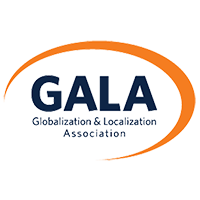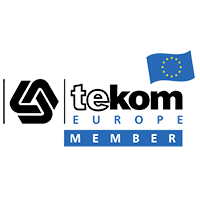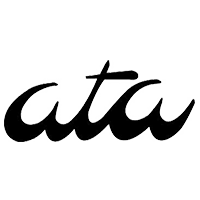Life as a QA Specialist
Explore the life of a QA specialist with Karl Pfeiffer in our latest “Life as a…” segment.
What are the daily challenges you experience as a QA Specialist?
Karl Pfeiffer: Apart from continuously striving for top quality, you have to be able to switch gears and focus on a new priority on a moment’s notice. For example, I might be working on final quality checks for a project, when mission-critical feedback from a localization client just before their release date or an urgent query from a translation vendor comes in. Triaging incoming e-mails and prioritizing them in the most efficient manner in the pursuit of the highest quality for our clients is a constant background task.
What does your typical work day look like?
KP: Working with a global team, I am in an entirely different time zone than most of my contacts, but luckily I am a morning person.
5:28 a.m.: getting ready for a department meeting via Skype
6:14 a.m.: triaging overnight messages in my inbox
6:45 a.m.: breakfast
7:51 a.m.: accepting a call from a European client reviewer during the school commute
8:06 a.m.: implementing the reviewer’s input into our master glossary for this new client
8:17 a.m.: performing final verification for a software localization project with 8 language pairs
10:38 a.m.: interrupting the final verification for an urgent change request from a client
11:26 a.m.: finalizing the verification project and lunch break
12:53 p.m.: assessing a new translation vendor’s work with our proprietary LQA (linguistic quality assessment) module
1:49 p.m.: source review and instructions for a rush project being launched tomorrow
etc.
What are the key competencies a QA Specialist should have?
KP: A QA Specialist has to pay close attention to details while also keeping an eye on the “big picture”, i.e. the entire project workflow. Solid organizational and communication skills facilitate the cooperation with both internal and external teams, sometimes with more than a dozen language pairs. Of course, few people speak a dozen languages, but it helps if you have basic knowledge of an entire language group, e.g. the Romance language group (French, Italian, Portuguese, Spanish) or if you know the scripts of languages, even if you don’t speak them, e.g. Arabic, Cyrillic, Greek, or Hebrew. A curious mind enables constant acquisition of new subject matter expertise and linguistic developments in the target language. And in my case, apart from reviewing technical magazines on a weekly basis, I am teaching German on Saturdays. This gives me access to a large network of professionals among the parents and teachers in multiple industries. Plus, if you are teaching teens, you better make sure you stay up to date with new developments in your language, as the students are usually aware of the newest developments in slang and youth culture.
What do you enjoy most about your job?
KP: It absolutely makes my day, when we receive positive feedback from our clients (quite frequently we hear, that our queries and feedback will actually improve the current or next version of the source document). The team spirit among the internal departments (e.g. project management, resources, IT, etc.) is a close second. I also enjoy the successful feedback loop with our translation vendors and client contacts. Terminology management is an important part of my responsibility and working with the clients’ field reviewers on an ongoing basis to make sure we use the clients’ preferred terminology is one of my favorite aspects. Finally, I am always looking for new, innovative approaches to solving problems and streamlining our workflow. Finding them is an intellectual reward in itself, e.g. developing a macro to quantify the progress of final quality checks, converting a style guide rule into a regular expression for our quality tool, or discovering a new treasure trove for technical terms and formatting them for our tools environment.
What advice can you give to clients on achieving good quality translations?
KP: “Quality at source” is not just a catchy slogan: Keep in mind that the content you create needs to be translatable and consistent. For example, in marketing documents avoid idiomatic expressions, that don’t work in all languages and cultures, like references to sports (touchdown, the last inning, etc.). For software strings, avoid concatenated strings, i.e. splitting complete sentences into several strings, because the syntax and semantics may not work in the target language. And be aware of homonyms, i.e. terms that use the same word for multiple concepts, e.g. in English “speed” can be ground speed and rotational speed, so each concept needs to be coded individually.
Have a look at further blog posts from our “Life as…” series:
- Life as an Operations Director
- Life as a Multimedia Localization Project Manager
- Life As a Resource Specialist
Argos Multilingual – our mission is to provide high-quality innovative language solutions to our customers while being the most respected business partner in the localization industry. We provide a full range of language translation services that cover all our clients’ needs. Contact Us Today to find out how we can help you with your next translation project!




